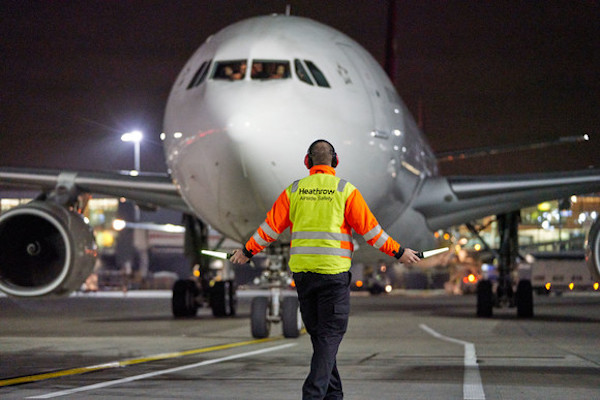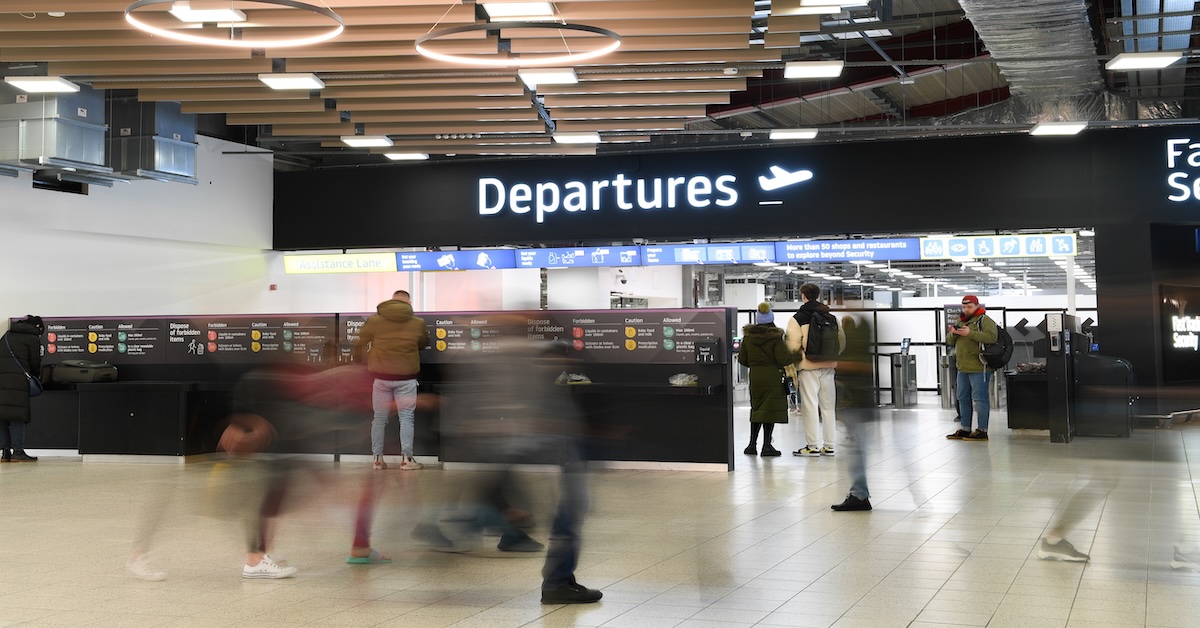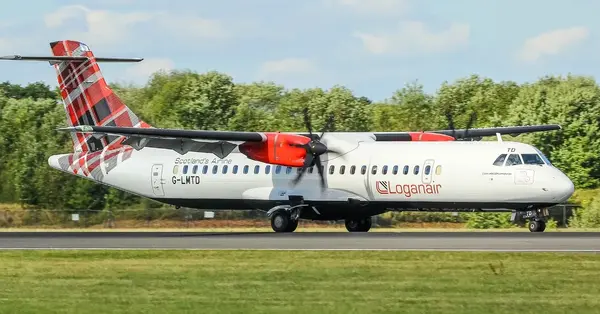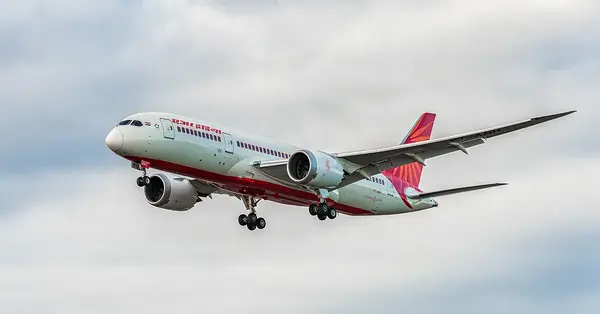You are viewing 1 of your 2 free articles
Updated: Global air traffic returns close to pre-pandemic level
Global air traffic returned to 94% of the 2019 level over the course of last year and reached 97.5% in December, with a 37% increase on 2022, according to the latest data from airline association Iata.
International air traffic remained just above 89% of the 2019 level for the year despite a near 42% rise on 2022.
But international traffic in December reached 95% of the pre-pandemic level, and was 1% up ion 2019 n Europe and 5.5% up in North America. International traffic in the Asia-Pacific region remained 17.5% down on 2019 in December.
Global domestic traffic rose above 2019 levels for the year owing to increases in the US, China and India.
Annual international traffic in Europe hit 93% of the 2019 level in 2023, 98% in the Middle East and surpassed 2019 by 1% in North America but remained 27% down in Asia-Pacific despite more than doubling year on year.
Total air traffic in 2023 was up 37% on 2022.
Meanwhile, passenger traffic across the European airport network in 2023 surged by 19% over the previous year to 2.3 billion, bringing the total volume to just 5.4% below 2019 pre-pandemic levels, according g to new figures from trade body ACI Europe.
The increase was driven by international passenger traffic, up 21%, which grew at almost twice the pace of domestic passenger traffic at 11.7%.
Director general Olivier Jankovec said: “This robust growth resulted in Europe’s airports welcoming 2.3 billion passengers through their doors last year – an impressive result considering the prevailing inflationary pressures and higher air fares as well as heightened geopolitical tensions.
“This is testament to the priority people give to travel over other forms of discretionary spending – and it does speak volumes about the value and importance of air connectivity.”
He added: “There is no doubt geopolitical tensions are part of our new reality, and so are structural changes in the aviation market.
“The big question marks will be about supply pressures and leisure demand resilience – with the latter unlikely to keep defying macroeconomics but becoming increasingly tied to them. We also need to keep a close eye on operational issues, especially border control with the planned start of the Schengen Entry-Exit System next autumn – for which many outstanding issues still need to be resolved.”
“Accordingly, we are for now keeping our guidance for a 7.2% increase in passenger traffic this year compared to 2023, which should lead us just 1.4% above pre-pandemic volumes.”
Iata director general Willie Walsh hailed the recovery in 2023 and “strong performance” in the fourth quarter for “teeing up a return to normal growth patterns in 2024”.
But he argued: “Completing the recovery must not be an excuse for governments to forget the critical role of aviation.”
He suggested: “Governments need to take a strategic approach to maximise the benefits of air travel. That means providing cost-efficient infrastructure, incentivising Sustainable Aviation Fuel production, and adopting regulations that deliver a clear cost-benefit.”
Walsh noted: “We saw a strong increase in the use of SAF in 2023, but SAF is still only 3% of global renewable fuels production. That is unacceptable.
“Aircraft have no option but to rely on liquid fuels. Other transport modes have alternatives. A massive effort is needed to increase SAF output.”
Traffic in Europe last year rose 22% on 2022 and capacity increased 17.5%, with demand in December above the December 2019 level – the first time monthly traffic has surpassed 2019 levels since the start of the pandemic.
Middle East airlines saw a 33% increase in traffic last year and added 26% in capacity, with demand in December up almost 17% year on year.
Traffic in North America rose by 28% and capacity by 22% on 2022.
Latin American carriers reported a 29% increase in traffic and 25% rise capacity in 2023, and air traffic in Africa rose 39% and capacity 38% over the year.


















